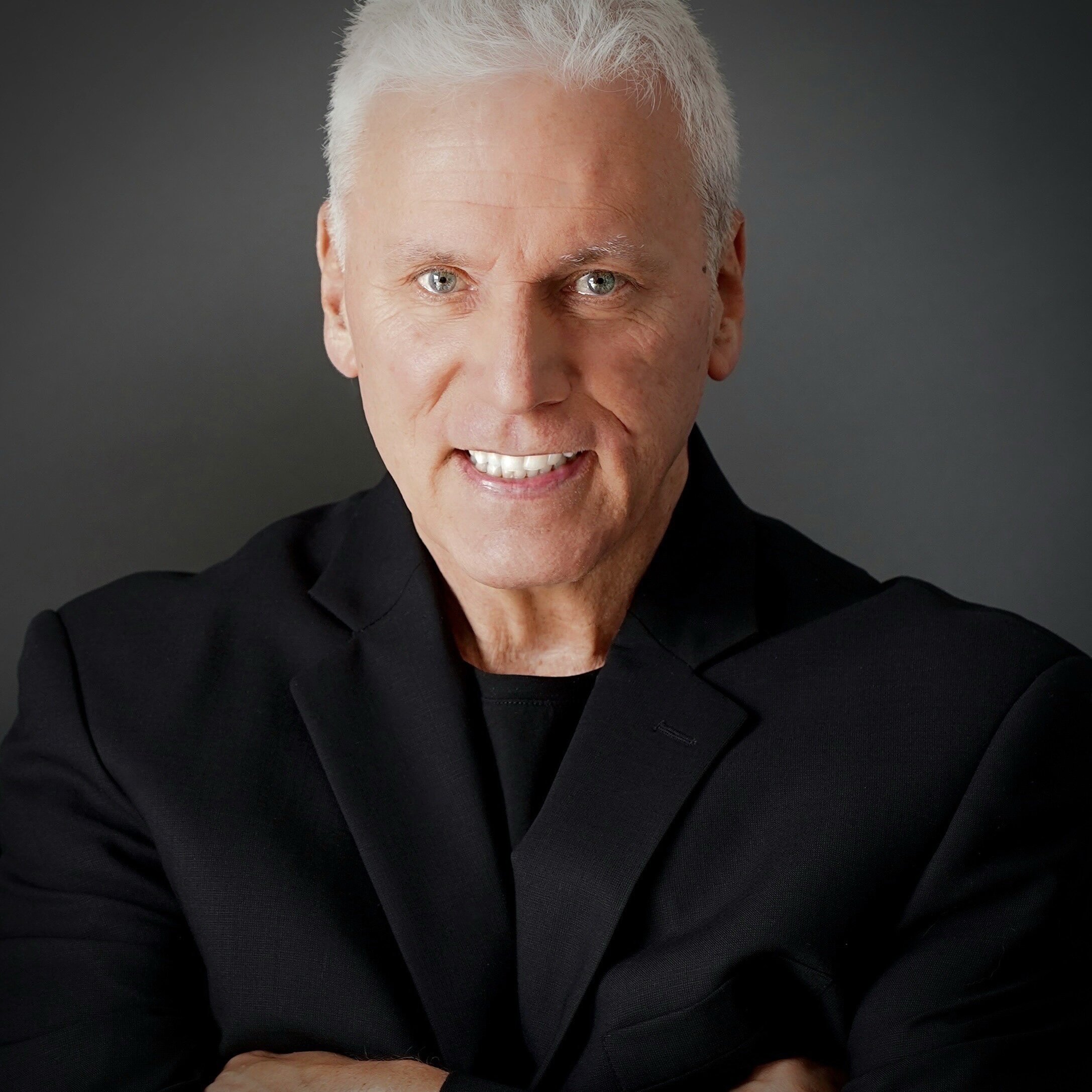December 19, 2022 | 7:10pm ET
BY Dennis Bernstein, The Fourth Period
LAK AT 34: INFLECTION POINT?
LOS ANGELES, CA — If you like roller coasters, you’re loving the Los Angeles Kings season so far. Their six-game roadtrip ended on, what else, an unexpected high note with a two-goal third period rally that positioned Los Angeles to win a seven-round shootout against the NHL’s best team, the Boston Bruins.
The comeback victory that ended the trip with a 3-2-1 record, in combination with a shootout win against San Jose, moved their record to 17-12-5 after 34 games, a pace two points better than last season’s 99-point, playoff qualifying squad.
But make no mistake, there’s little in common between these two models.
Last season, they had lost both Sean Walker (gone for the season with a knee injury) and Alexander Edler (who didn’t return until March) long-term and suffered a six-game losing streak and a stretch of eight losses in 10 games at Game 34. Out of necessity, they played a strong puck possession game that kept them in games and found ways to win close games, evidenced by their third place Pacific Division finish despite a narrow +3 goal differential.
If they match or exceed their points standings total, the method may be madness to get there. The trip was literally all over the map and we’re not talking geography. A loss to Toronto, where they never threatened the Leafs, an almost historic third period collapse in Buffalo, giving up far too many goals in Columbus... and they still had a winning trip.
A win in Boston is always meaningful but had more importance than most December games. Through two periods, they had a solid response to the third period debacle in Western New York but couldn’t find a way to dent the Boston cage. They were more opportunistic than dominant in the third and with Adrian Kempe looking like he may rip off another hot streak – his rebound conversion got LA within one and then converted on a vital 5-on-3, they got to a shootout that set the stage for the man of the hour, Trevor Moore closing the show in the seventh round.
Moore’s conversion made a trip a winning one and his stat line showed why the team locked him up with five-year, $21 million deal that starts next season. He played 21:14, registered six shots on goal, played 4:11 on the powerplay and 2:52. He completed a memorable week on Saturday by closing the show again with a second consecutive game-deciding shootout goal against that may move him up the batting order going forward.
MORE ON MOORE
Trevor Moore’s path to a long-term extension:
Undrafted.
Two stints on Injured Reserve early in his career.
Assigned to Toronto’s NHL affiliate 11 times between 2016-2020.
At the time of his trade to Los Angeles, his biggest claim to fame was as a native of Thousand Oaks, CA. (No longer the case).
When he debuted in a Kings sweater on Feb. 8, 2020, he had five career NHL goals and in the midst of a 21-game goalless stretch.
With that resume, it was no surprise that he was given bottom-six minutes as the organization analyzed where he would fit on the depth chart. He doesn’t possess elite skill or size of speed, but he’s the type of middle-of-the-lineup player with tenacity to his game who is essential to contending teams – Los Angeles’ equivalent to a Blake Coleman. His big opportunity came when combined with Phillip Danault and Viktor Arvidsson to forge the team’s most reliable trio as they returned to the playoffs for the first time in four seasons.
“When we got him there was not necessarily a history, there was a tie to people that believed in him,” said Kings coach Todd McLellan. “The people in Denver (where Moore played his college hockey) or someone from his former coaching staff in Toronto that created some confidence. Last year, he came out of the World Championships as a really good offensive center and he had a ton of confidence. We tried to move him around and it wasn’t working really well until we found a home for him. Once that happened and things started to click, he grew more confident and that was the turning point.”
The nature of the game gives players multiple opportunities to emerge – coaching changes, personnel moves, injuries – and McLellan gave clarity as to why Moore has become a fixture up front.
“The one thing he has done –if your play wavers a little bit, sometimes you give your spot up, he hasn’t done that,” McLellan said. “He’s kept spot since he’s got it and that’s because of his input to the game night in and night out.”
Moore concurred with his coach when discussing his emergence:
“The biggest thing was finding a role, everyone wants to be a top-six guy,” he said. “It’s really hard to jump into the NHL and have a top-six role. You have to establish yourself and get your foot in the door – learn how to penalty kill, how to play well defensively and if you’re not doing that it’s going to be really hard to get your foot in the door. And once you’re in, keep growing and keep believing in yourself.”
Moore was scheduled to become an unrestricted free agent at season’s end but didn’t seem to be concerned about his future as the season’s commenced. I asked him in camp if he felt pressure of playing for a contract and his response was typical – no pressure, the contract situation is being handled by my agent and will take care of itself – the question now is, will his future secured and a life-changing contract in hand (he sheepishly mentioned he might replace his 2007 model year truck with a new one), a natural response would be to exhale and relax.
“No, I’m on a little bit of a cold streak here, I wany to get back (to the level of play expected) and help this team win. It’s nice to be here and have things settled for five years but I want to be here and be part of the winning.”
COPING WITH PHEONIX
Goaltender Pheonix Copley is trying to write a story like Moore and if he succeeds, he’ll beat greater odds than Moore did to establish himself as a legitimate NHL netminder.
It was a one-line mention when he signed a one-way deal in July to provide organizational depth for the lightly used (31 games spread over four seasons with St. Louis and Washington) native of North Pole, Alaska.
Like Moore, Copley was undrafted and had decent numbers (2.90 GAA, .905 save percentage) in the one season that he shared the Capitals cage. The expectation was he would remain in the AHL until there was an injury to Jonathan Quick or Cal Petersen, but the plan took an unexpected turn when Petersen’s play declined to the point where the organization chose to place him on waivers despite being in the first year of a $15 million, three-year deal.
At the time of the call back to the NHL the assumption was that Copley would see most of the games from a seat at the end of the bench as a caddie for Jonathan Quick – the choice had been made to go with the GOAT of Los Angeles’ goaltenders. But like Petersen, Quick simply did not make enough saves to take full possession of the Los Angeles net – the team has the lowest save percentage in the NHL, but a debate continues as to whether the goaltenders or the lack of structure on defense is primarily responsible for the poor numbers – and led to Copley’s insertion into the mix.
No one will mistake Copley for Quick – there are no acrobatics in his game – but rather an economy of movement between the pipes and brings a calmness is welcomed in this up-and-down season.
His overall numbers don’t suggest he’s the rightful successor to the Kings goaltending throne – Petersen is playing well in the AHL, both the hope and goal of the organization once he cleared waivers – if you extract the horrid third period the team played in Buffalo, he has a .938 save percentage to accompany his 4-1-0 record and two shootout wins (the one extra time thing the team is good at – 3-0 with a .785 save percentage). He’s still not likely to be the future in LA, but he’s given them what they need in the present.
THE ROAD AHEAD
Is this the season’s inflection point? An unexpected win in Boston and the shootout victory against San Jose in a never-easy first home game after a long road trip had a common thread – more structured play, a willingness to play a more conservative style of play and a badly struggling penalty kill that came through in overtime but not once but twice.
Los Angeles plays 10 of the next 13 games at home with Colorado as the furthest road game and with the Pacific Division mired in mediocrity (six of the eight teams have better road than home records), the next month can go a long way in solidifying a return to the post-season, the one non-negotiable point for the franchise.
Has the squad learned a valuable lesson in Boston – when the team commits to playing with more structure and gets some key saves in between the pipes they can compete and beat the best the NHL has to offer? The Kings headmaster has a final thought:
“I would say yes, but I think we’ve been taught enough lessons already and (the Boston performance) reassures it. (It becomes a lesson) only if it’s taken and applied. The game in Boston wasn’t comfortable for us because we had to come from behind and it’s a tough place to play, it was the back end of a road trip. We stuck with it and didn’t open the game up when it wasn’t going our way. After the Buffalo game (a stunning 6-0 wipeout), the Boston game presented the lesson to us again, it’s a lesson if we take it and use it.”
Dennis Bernstein is the Senior Writer for The Fourth Period.
Follow him on Twitter.
Past Columns:
Nov. 27, 2022 - LAK at 23: You Never Know
Nov. 8, 2022 - LAK at 14: Are you not entertained?



